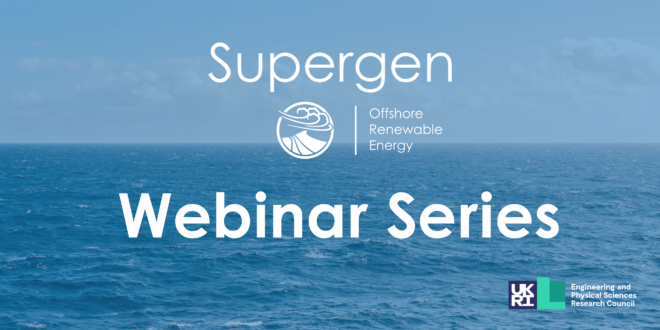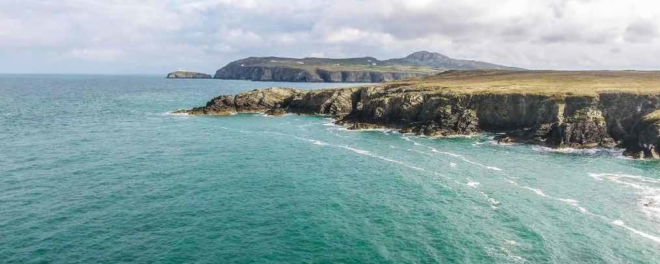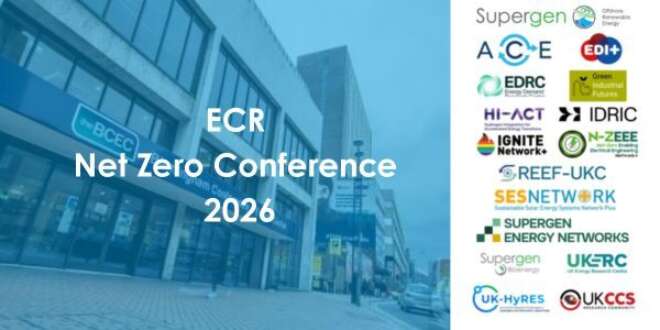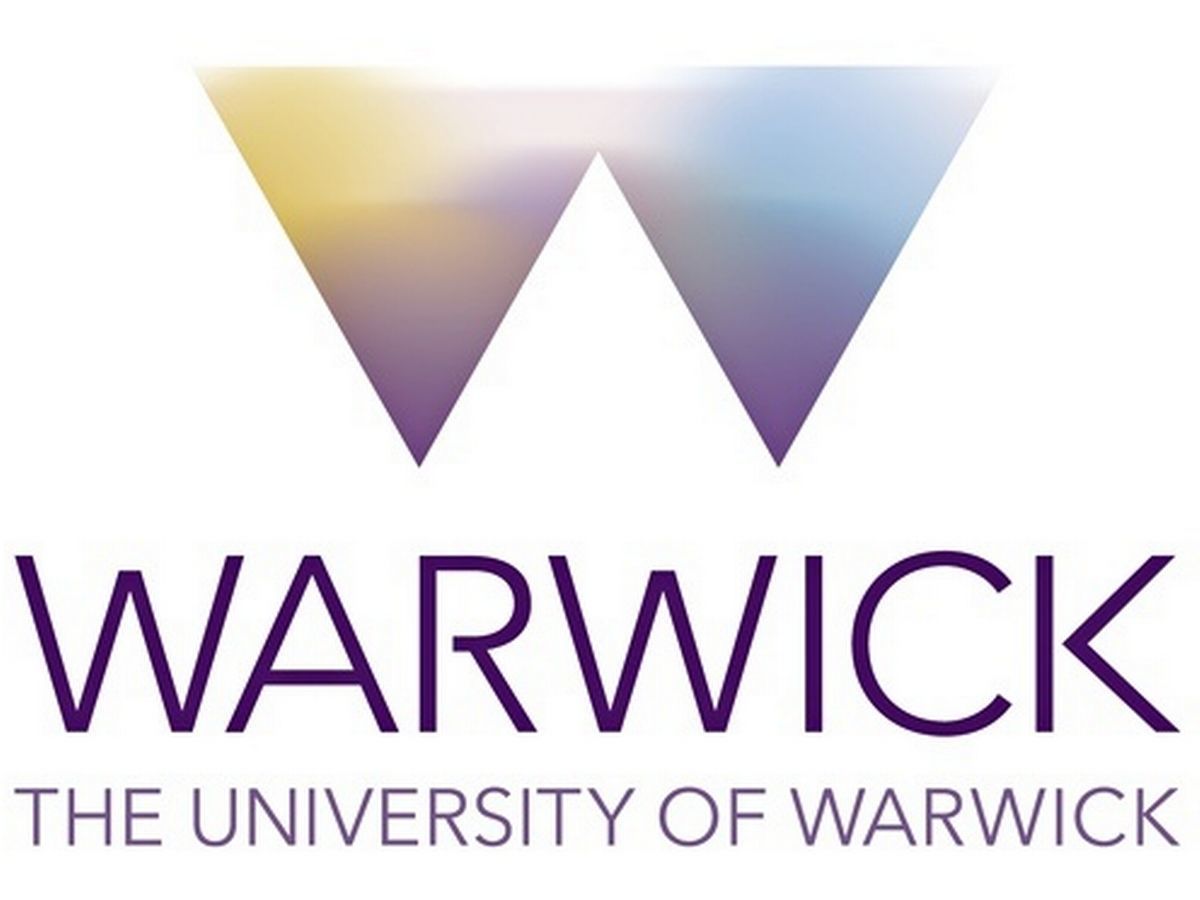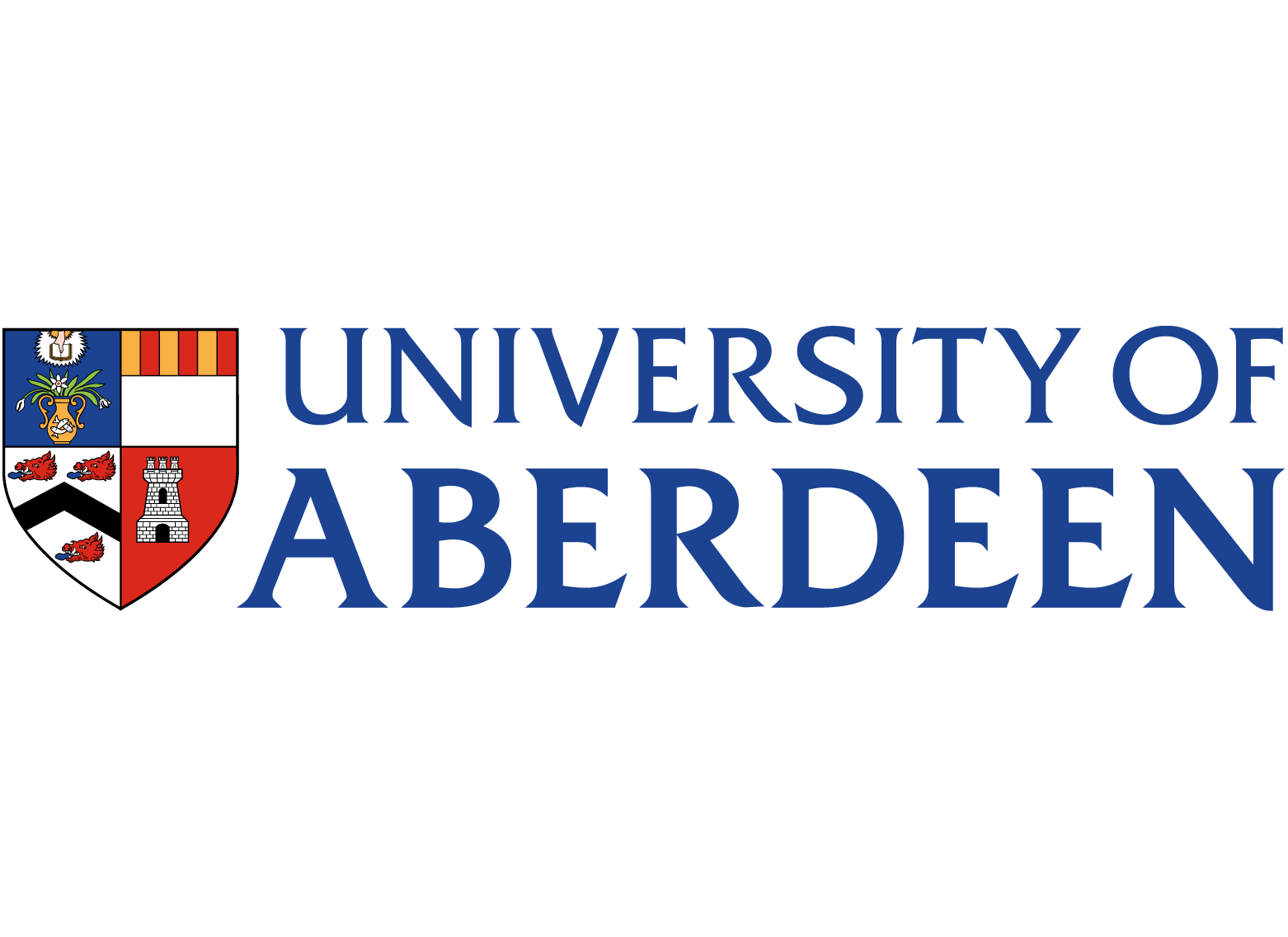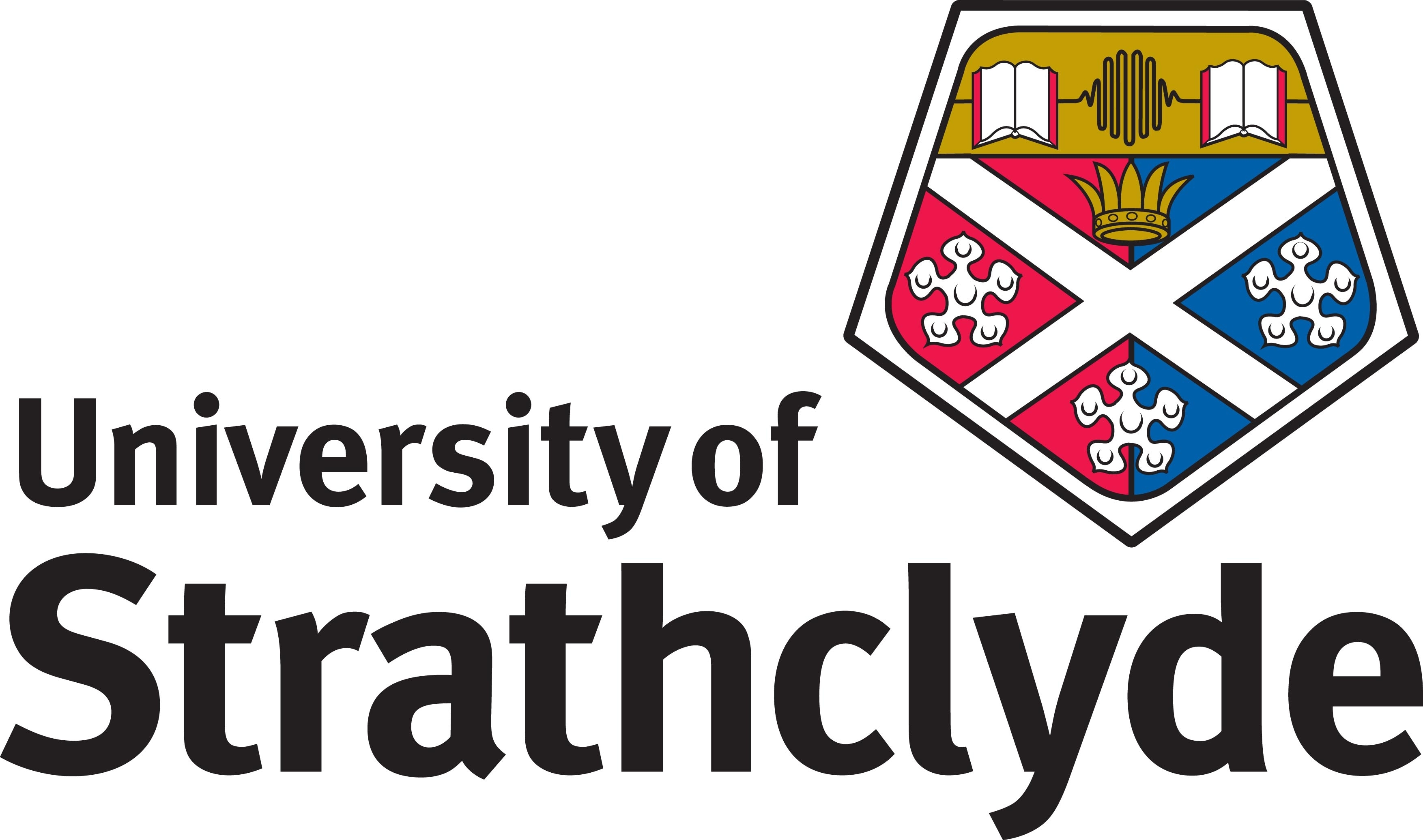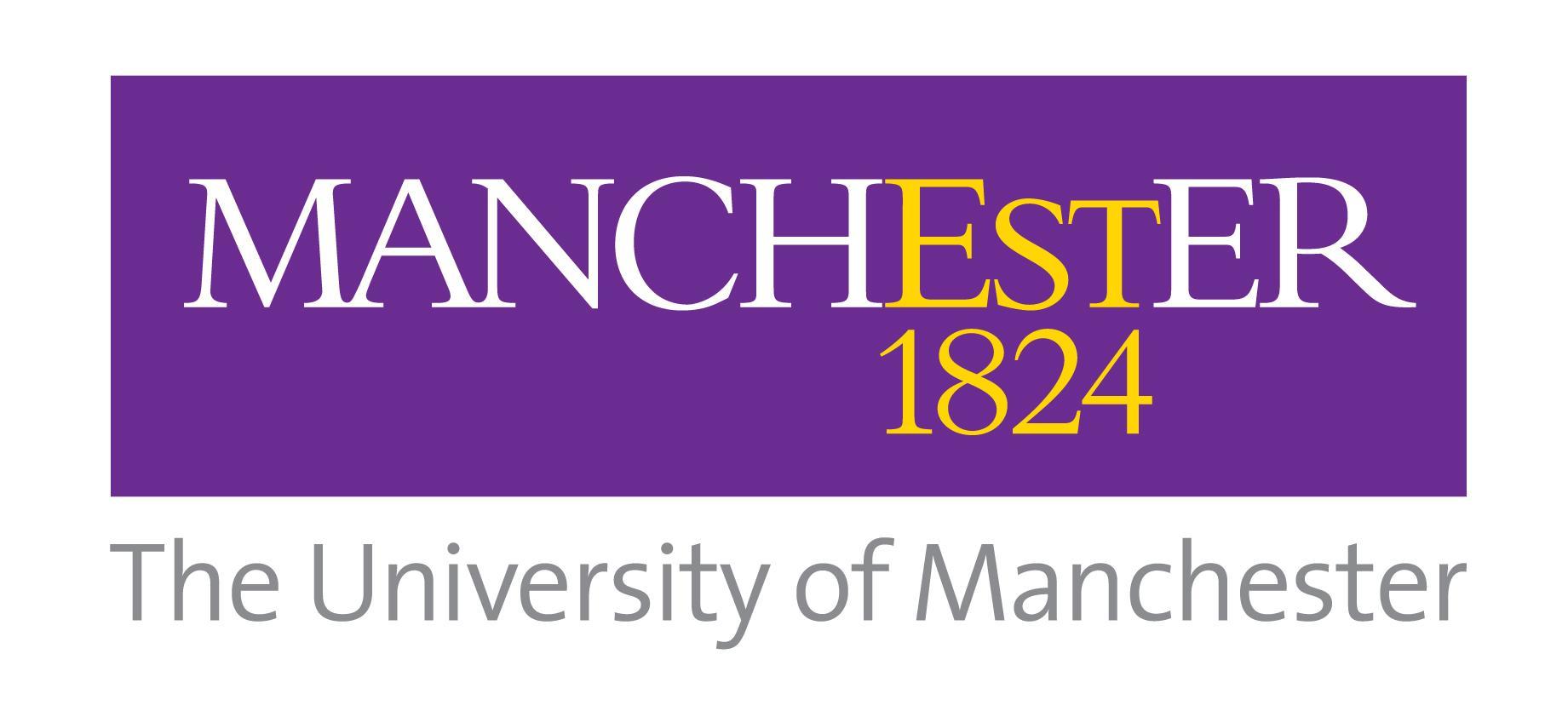
Key information
- Took place in May 2025. Scheduled again 2026/27. Register your interest.
- Location: National Decommissioning Centre (in collaboration with the University of Aberdeen)
- Duration: 2-day Masterclass
- Specialist access to the Marine Simulator at the National Decommissioning Centre.
Pricing
- General participant rate: £1000 - Course materials and lunch included.
- Eligible Early Career Researchers: Free - In line with EPSRC funding policy, the cost is covered for UK-based academic researchers who meet the definition of an Early Career Researcher (Post Doctoral Research Assistants (PDRAs), early career academic staff within the first three years of their academic appointment, or PhD students within 12 months of completion who are exploring a future career in the ORE sector), and are part of our network. There will be no charge for eligible Early Career Researchers to attend a Masterclass, but they will be responsible for covering expenses such as travel and accommodation.
Included in your day
- Unparalleled access to the most up-to-date knowledge in a session created by academics at the forefront of ORE research and teaching
- Access to world-class facilities and hands-on demonstrations
- Electronic access to course material and presentations after the masterclass
- Networking opportunities
- Q&A session with Course Director(s)
- Lunch and refreshments
- Electronic certificate of attendance
About the Masterclass
This Masterclass aims to introduce the concept of full-scale virtual prototyping and simulation of ORE technologies. This will utilise the Marine Simulator situated at the National Decommissioning Centre (NDC). The centre is a unique UK research facility, that houses a 300 degrees immersive 9-meter diameter dome, equipped with 4 real-time control stations, that allows us to conduct real-time simulations of offshore operations and technologies under the influence of varying climatic and physical conditions (e.g. weather, waves, wind, currents, tides) to verify their feasibility, de-risk future operations and establish safe weather windows.
Participants will learn the techniques used for calibrating and developing full-scale models based on scaled wave tank tests, Computational Fluid Dynamics (CFD) simulations or offshore data. These will be introduced via a range of case studies and practical activities in the marine simulator for technologies such as variable buoyancy anchors, novel concepts of low draft floating wind turbines, and offshore recharging systems for crew transfer vessels and tidal turbines, exploring the complexity of offshore deployment.
Participants will have a unique opportunity to operate a range of vessels, cranes and ROVS, and see the challenges around installation, operation and maintenance of novel offshore renewable energy technologies under varying weather conditions. This will help expand their situational awareness of operational complexities as well as aid the planning and de-risking of those activities. Participants will access a wide range of practical activities, performing operations under varying weather conditions. These will include port assembly of floating wind substructure, installation of wind turbine blades, towing novel wind turbine out of the harbour, recharging of renewable fuelled vessels, crew transfer from vessel to wind turbine, and maintenance of a tidal turbine. Moreover, the participants will have a chance to propose the development of bespoke simulations of their technologies in the marine simulator, which depending on complexity, could be delivered during the Masterclass or shortly after. In this instance, data would be required in advance for model development.
Drawing on expertise from 10 UK universities, the Supergen ORE Hub is in a unique position to be able to offer training based on the latest research and access to specialist technologies. To book your place on this Masterclass we encourage you to register early as places are limited. This Masterclass is scheduled to run a second time in 2026.
| Topics covered |
|---|
| An introduction to NDC Marine Simulator |
| Case study 1: Towing variable buoyancy anchors |
| Case study 2: Virtual prototyping of novel concepts of floating wind designs (calibration of models based on wave tank tests/ CFD models, RAOs, assembly in port, deployment/maintenance simulation, extreme conditions) |
| Case study 3: Major in-situ component exchange for floating wind tubines |
| Case study 4: Deployment of a quick connection system for floater/floating wind turbine temporary mooring |
| Hands-on activities |
|---|
| NDC Marine Simulator |
| Towing of floating anchors, port operation, installation etc. |
| Maintenance of floating wind turbine, crew transfer |
| Offshore recharging of electric CTV vessels |
| Temporary mooring of floating wind turbines |
| Group work to design, plan and test in the simulator an example offshore operation |
Masterclass Directors
- Dr Marcin Kapitaniak - Lecturer, School of Engineering, University of Aberdeen and Simulator Technical Manager at the National Decommissioning Centre.
- Professor Richard Neilson - National Decommissioning Centre Director.
- Professor Beth Scott - Professor in Marine Ecology, University of Aberdeen.
About the Masterclasses Series
World-class expertise
Funded by the EPRSC, the Supergen Offshore Renewable Energy (ORE) Hub offers research leadership to accelerate the development of wind, wave, and tidal energy. We are a collaboration of 10 UK Universities that are pioneering innovative ORE research. Drawing on this expertise, our Masterclass programme is a unique opportunity to learn directly from the country’s foremost specialists in offshore renewable energy.
Unique and specialist
Pivot your career by engaging with specialist ORE researchers and access cutting-edge facilities not found in standard commercial training. Study post-graduate content in highly specialised 1 or 2 day courses. Gain a unique advantage in your work by learning innovative solutions from researchers working at the forefront of ORE. This is a unique and limited opportunity to join the best UK-based specialists at world-leading testing sites.
Hands-on learning
Immerse yourself in a dynamic learning environment through a blend of lectures, live demonstrations, and engaging hands-on activities. Benefit from the knowledge and experience of industry-leading professionals.
